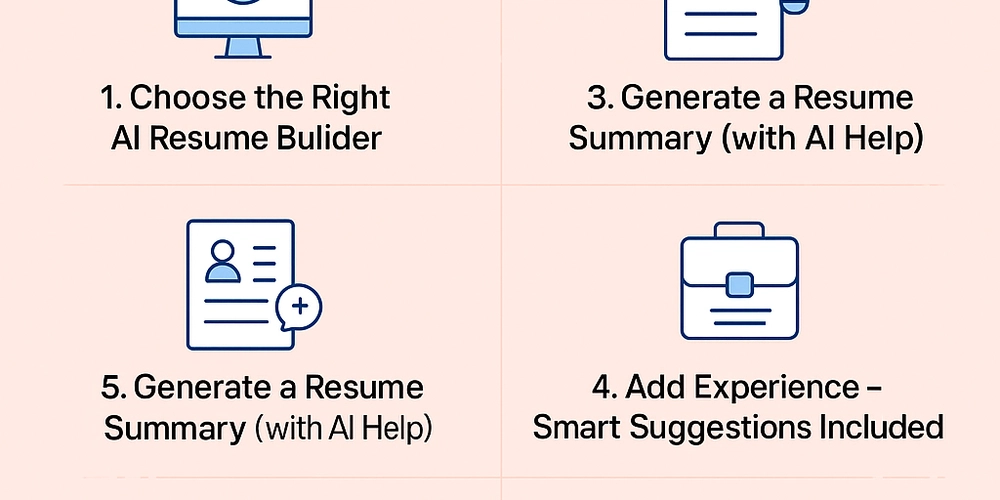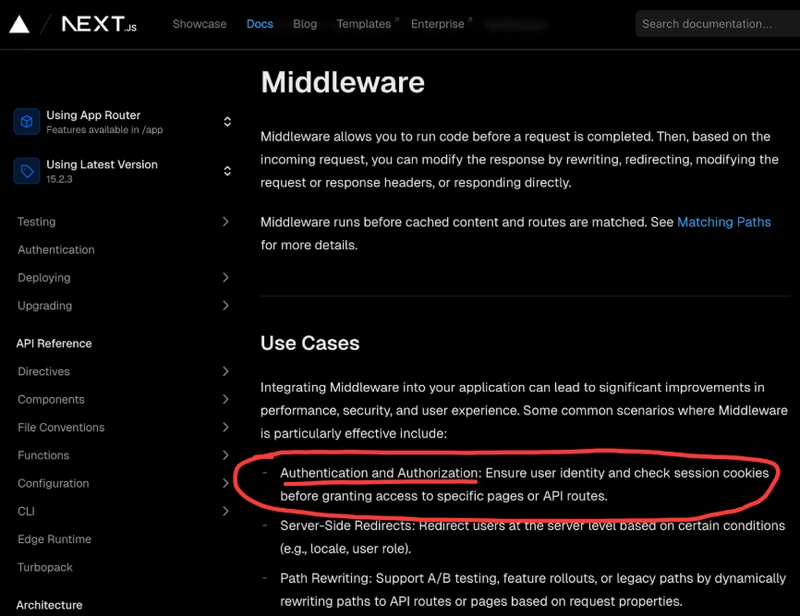What Is Java Programming Language? Complete Guide for Beginners
In the world of technology and software development, Java stands tall as one of the most powerful and versatile programming languages. Whether you're browsing a website, using a mobile app, or interacting with a digital system behind the scenes, there’s a good chance Java is playing a role. If you're just starting out and wondering, what is Java, this guide is for you. Here, we’ll explore what makes Java so popular, how it works, where it’s used, and why it's a smart choice for beginners looking to enter the world of programming. What Is Java? Java is a high-level, object-oriented programming language developed with the core philosophy of “write once, run anywhere.” That means once a Java application is created, it can be executed on different types of devices and platforms without needing to be rewritten or recompiled for each one. Originally developed by Sun Microsystems in the mid-1990s, Java quickly gained popularity due to its simplicity, security, and portability. Today, it's maintained and developed by Oracle Corporation and remains one of the most widely used languages in the software industry. Why Learn Java? For those wondering what is Java and why it’s worth learning, here are a few compelling reasons: 1. Widely Used Across Industries Java is everywhere—from banking and healthcare systems to Android applications and cloud platforms. Its versatility means that once you learn it, your skills can be applied in many different fields and job roles. 2. Strong Community Support With decades of development behind it, Java has a large, active community of developers. For beginners, this means access to a wealth of tutorials, tools, and learning resources, making it easier to get started and find help when needed. 3. Platform Independence One of Java’s key strengths is its ability to run on almost any device or operating system. Thanks to the Java Virtual Machine (JVM), programs written in Java can work on Windows, macOS, Linux, and even smaller embedded systems. 4. Ideal for Building Large-Scale Applications Java was designed with scalability and reliability in mind. It’s used by global companies to build complex applications that need to handle large amounts of data and users. Learning Java opens doors to working on enterprise-level systems. Key Concepts Behind Java Java is built on a few foundational principles that make it especially suitable for beginners: - Object-Oriented Programming (OOP) At the heart of Java is the concept of OOP, which organizes data and behavior into reusable structures known as objects. This approach helps keep applications organized and modular, making them easier to develop and maintain. - Robust and Secure Java was built to prevent common programming errors and security flaws. Its strong memory management system, error handling features, and built-in security tools help protect applications from crashes and vulnerabilities. - Multithreading and Performance Java supports multithreading, allowing developers to perform multiple tasks at once. This is essential for building responsive applications, like games or high-performance web servers. Where Is Java Used? Java is known for its wide range of applications. Some of the most common areas include: Mobile Applications: Most Android apps are built using Java or a combination of Java-based technologies. Web Development: Many websites and web applications use Java on the server side to handle user interactions and data processing. Enterprise Software: Companies use Java to develop business applications that support complex workflows and large databases. Embedded Systems: Java is also found in small devices like smart TVs, printers, and even smartcards. Cloud Computing: As cloud technologies grow, Java continues to be a key player in building scalable, cloud-based applications. How Beginners Can Get Started with Java If you're just beginning your journey in programming and are curious about what Java can offer, it's a great starting point. Many schools and universities introduce students to Java because of its simplicity, logical structure, and relevance in real-world applications. You don't need advanced equipment or expensive tools to learn Java. With a basic computer and a desire to learn, anyone can begin exploring the language. Many students start by writing small, interactive applications to understand how the language works and build confidence before moving on to larger projects. Conclusion So, what is Java? It’s more than just a programming language—it’s a powerful tool that has shaped modern computing and continues to drive innovation across many industries. With its strong foundation, cross-platform compatibility, and user-friendly structure, Java is a top choice for beginners looking to learn their first programming language. If you're thinking about diving into software development, Ja

In the world of technology and software development, Java stands tall as one of the most powerful and versatile programming languages. Whether you're browsing a website, using a mobile app, or interacting with a digital system behind the scenes, there’s a good chance Java is playing a role.
If you're just starting out and wondering, what is Java, this guide is for you. Here, we’ll explore what makes Java so popular, how it works, where it’s used, and why it's a smart choice for beginners looking to enter the world of programming.
What Is Java?
Java is a high-level, object-oriented programming language developed with the core philosophy of “write once, run anywhere.” That means once a Java application is created, it can be executed on different types of devices and platforms without needing to be rewritten or recompiled for each one.
Originally developed by Sun Microsystems in the mid-1990s, Java quickly gained popularity due to its simplicity, security, and portability. Today, it's maintained and developed by Oracle Corporation and remains one of the most widely used languages in the software industry.
Why Learn Java?
For those wondering what is Java and why it’s worth learning, here are a few compelling reasons:
1. Widely Used Across Industries
Java is everywhere—from banking and healthcare systems to Android applications and cloud platforms. Its versatility means that once you learn it, your skills can be applied in many different fields and job roles.
2. Strong Community Support
With decades of development behind it, Java has a large, active community of developers. For beginners, this means access to a wealth of tutorials, tools, and learning resources, making it easier to get started and find help when needed.
3. Platform Independence
One of Java’s key strengths is its ability to run on almost any device or operating system. Thanks to the Java Virtual Machine (JVM), programs written in Java can work on Windows, macOS, Linux, and even smaller embedded systems.
4. Ideal for Building Large-Scale Applications
Java was designed with scalability and reliability in mind. It’s used by global companies to build complex applications that need to handle large amounts of data and users. Learning Java opens doors to working on enterprise-level systems.
Key Concepts Behind Java
Java is built on a few foundational principles that make it especially suitable for beginners:
- Object-Oriented Programming (OOP)
At the heart of Java is the concept of OOP, which organizes data and behavior into reusable structures known as objects. This approach helps keep applications organized and modular, making them easier to develop and maintain.
- Robust and Secure
Java was built to prevent common programming errors and security flaws. Its strong memory management system, error handling features, and built-in security tools help protect applications from crashes and vulnerabilities.
- Multithreading and Performance
Java supports multithreading, allowing developers to perform multiple tasks at once. This is essential for building responsive applications, like games or high-performance web servers.
Where Is Java Used?
Java is known for its wide range of applications. Some of the most common areas include:
- Mobile Applications: Most Android apps are built using Java or a combination of Java-based technologies.
- Web Development: Many websites and web applications use Java on the server side to handle user interactions and data processing.
- Enterprise Software: Companies use Java to develop business applications that support complex workflows and large databases.
- Embedded Systems: Java is also found in small devices like smart TVs, printers, and even smartcards.
- Cloud Computing: As cloud technologies grow, Java continues to be a key player in building scalable, cloud-based applications.
How Beginners Can Get Started with Java
If you're just beginning your journey in programming and are curious about what Java can offer, it's a great starting point. Many schools and universities introduce students to Java because of its simplicity, logical structure, and relevance in real-world applications.
You don't need advanced equipment or expensive tools to learn Java. With a basic computer and a desire to learn, anyone can begin exploring the language. Many students start by writing small, interactive applications to understand how the language works and build confidence before moving on to larger projects.
Conclusion
So, what is Java? It’s more than just a programming language—it’s a powerful tool that has shaped modern computing and continues to drive innovation across many industries. With its strong foundation, cross-platform compatibility, and user-friendly structure, Java is a top choice for beginners looking to learn their first programming language.
If you're thinking about diving into software development, Java offers a stable and rewarding path. Whether you're building mobile apps, web platforms, or enterprise systems, the skills you gain with Java will serve you well throughout your career.




























![[Webinar] AI Is Already Inside Your SaaS Stack — Learn How to Prevent the Next Silent Breach](https://blogger.googleusercontent.com/img/b/R29vZ2xl/AVvXsEiOWn65wd33dg2uO99NrtKbpYLfcepwOLidQDMls0HXKlA91k6HURluRA4WXgJRAZldEe1VReMQZyyYt1PgnoAn5JPpILsWlXIzmrBSs_TBoyPwO7hZrWouBg2-O3mdeoeSGY-l9_bsZB7vbpKjTSvG93zNytjxgTaMPqo9iq9Z5pGa05CJOs9uXpwHFT4/s1600/ai-cyber.jpg?#)













































































































































![[The AI Show Episode 144]: ChatGPT’s New Memory, Shopify CEO’s Leaked “AI First” Memo, Google Cloud Next Releases, o3 and o4-mini Coming Soon & Llama 4’s Rocky Launch](https://www.marketingaiinstitute.com/hubfs/ep%20144%20cover.png)




































































































































































































![Rogue Company Elite tier list of best characters [April 2025]](https://media.pocketgamer.com/artwork/na-33136-1657102075/rogue-company-ios-android-tier-cover.jpg?#)








































































_Andreas_Prott_Alamy.jpg?width=1280&auto=webp&quality=80&disable=upscale#)




























































































![What’s new in Android’s April 2025 Google System Updates [U: 4/18]](https://i0.wp.com/9to5google.com/wp-content/uploads/sites/4/2025/01/google-play-services-3.jpg?resize=1200%2C628&quality=82&strip=all&ssl=1)










![Apple Watch Series 10 Back On Sale for $299! [Lowest Price Ever]](https://www.iclarified.com/images/news/96657/96657/96657-640.jpg)
![EU Postpones Apple App Store Fines Amid Tariff Negotiations [Report]](https://www.iclarified.com/images/news/97068/97068/97068-640.jpg)
![Apple Slips to Fifth in China's Smartphone Market with 9% Decline [Report]](https://www.iclarified.com/images/news/97065/97065/97065-640.jpg)


































































































































